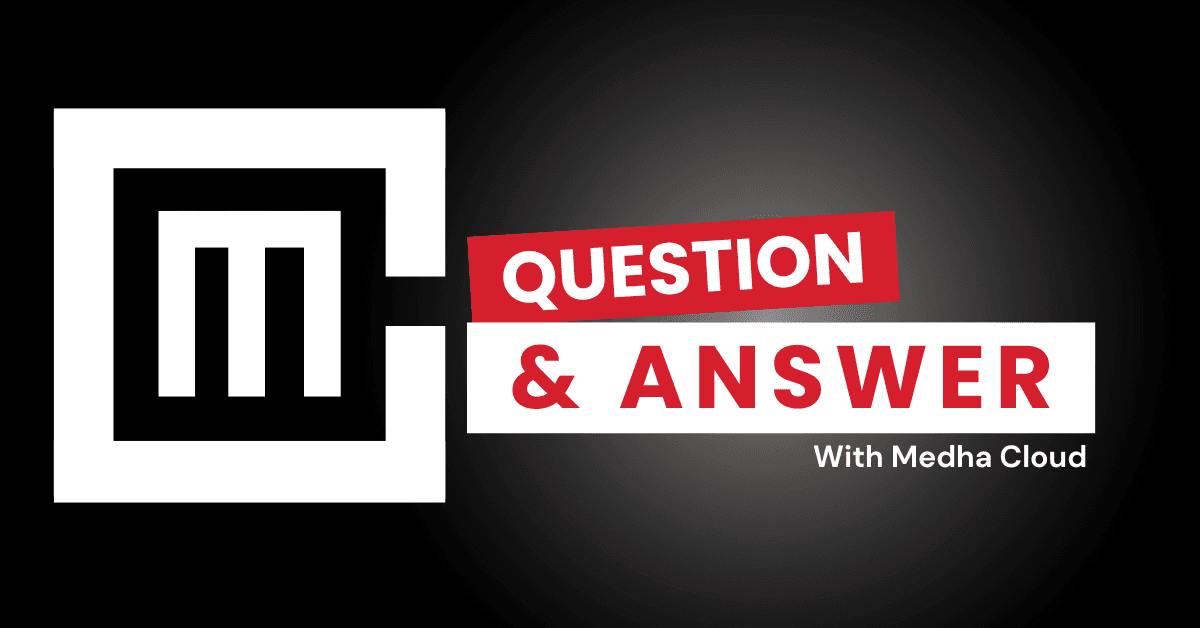Yes, you can integrate Dynamics 365 with Microsoft 365 Business Standard to streamline business processes and improve collaboration. This integration allows you to connect Dynamics 365 apps (like Sales, Customer Service, and Marketing) with tools such as Outlook, Teams, and SharePoint, creating a unified platform for productivity and customer relationship management.
Steps to Integrate Dynamics 365 with Microsoft 365 Business Standard
1. Set Up a Dynamics 365 Subscription
- Dynamics 365 is a separate subscription that needs to be purchased alongside Microsoft 365 Business Standard.
- How to purchase:
- Log in to the Microsoft 365 Admin Center.
- Navigate to Billing > Purchase services.
- Search for Dynamics 365 (e.g., Sales, Customer Service, or Marketing) and complete the purchase.
2. Enable Dynamics 365 Add-Ins for Outlook
- What it does: Integrates Dynamics 365 with Microsoft Outlook, enabling you to track emails, schedule appointments, and access customer data directly from Outlook.
- Steps to enable:
- Log in to the Dynamics 365 Admin Center.
- Navigate to Settings > Dynamics 365 App for Outlook.
- Assign the app to users and ensure they have the appropriate Dynamics 365 license.
- Users can now access Dynamics 365 features within their Outlook application.
- Best for: Managing customer interactions directly from your email client.
3. Integrate with Microsoft Teams
- What it does: Enables collaboration by embedding Dynamics 365 data in Microsoft Teams channels.
- Steps to integrate:
- Open Microsoft Teams and navigate to the Apps section.
- Search for Dynamics 365 and add it to your Teams workspace.
- Connect Teams to your Dynamics 365 environment by signing in with your credentials.
- Share Dynamics 365 records, such as customer data or sales opportunities, within Teams channels for collaboration.
- Best for: Real-time team collaboration around customer data.
4. Connect Dynamics 365 with SharePoint
- What it does: Links SharePoint libraries to Dynamics 365, allowing you to store and manage documents related to customers and sales opportunities.
- Steps to integrate:
- In Dynamics 365, go to Settings > Document Management.
- Enable SharePoint integration and configure your SharePoint site URL.
- Map entities (e.g., Accounts, Opportunities) to SharePoint folders.
- Access SharePoint documents directly from Dynamics 365 records.
- Best for: Managing and organizing files linked to customer interactions.
5. Leverage Excel Integration
- What it does: Exports Dynamics 365 data to Excel for analysis or updates and re-imports changes back into Dynamics 365.
- Steps to use:
- Open a Dynamics 365 record list view.
- Click on Export to Excel.
- Make updates in Excel and re-import the file into Dynamics 365 via the Data Import Wizard.
- Best for: Simplifying bulk data updates and advanced reporting.
6. Enable Power BI for Advanced Analytics
- What it does: Integrates Power BI with Dynamics 365 to visualize data and create advanced dashboards.
- Steps to integrate:
- Open Dynamics 365 and go to Settings > Administration > System Settings.
- Enable Power BI visualization.
- Use Power BI Desktop or Online to connect to Dynamics 365 and create reports.
- Best for: Data-driven decision-making with real-time insights.
7. Connect with Microsoft Bookings
- What it does: Links Dynamics 365 with Microsoft Bookings to schedule client meetings and manage appointments seamlessly.
- Steps to integrate:
- Set up Microsoft Bookings in your Microsoft 365 Business Standard subscription.
- Synchronize Dynamics 365 customer data with Bookings for streamlined scheduling.
- Best for: Scheduling and managing client appointments.
Benefits of Integrating Dynamics 365 with Microsoft 365 Business Standard
- Unified platform: Centralizes productivity tools and customer relationship management for seamless workflows.
- Improved collaboration: Enables teams to share and act on customer data across Teams, SharePoint, and Outlook.
- Enhanced productivity: Automates workflows and reduces data silos, saving time.
- Advanced analytics: Leverage Power BI for deeper insights into customer and sales data.
Need help integrating Dynamics 365 with Microsoft 365 Business Standard?
Medha Cloud provides tailored solutions to maximize the benefits of Microsoft tools for your business.
I’m Bharath, a Microsoft 365 and Azure engineer, helping small businesses make the most of Microsoft tools. As a Microsoft certified engineer, I have experience migrating organizations to Microsoft solutions and offer guidance on cloud-based solutions to optimize business operations.


